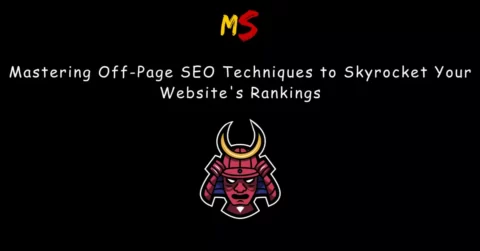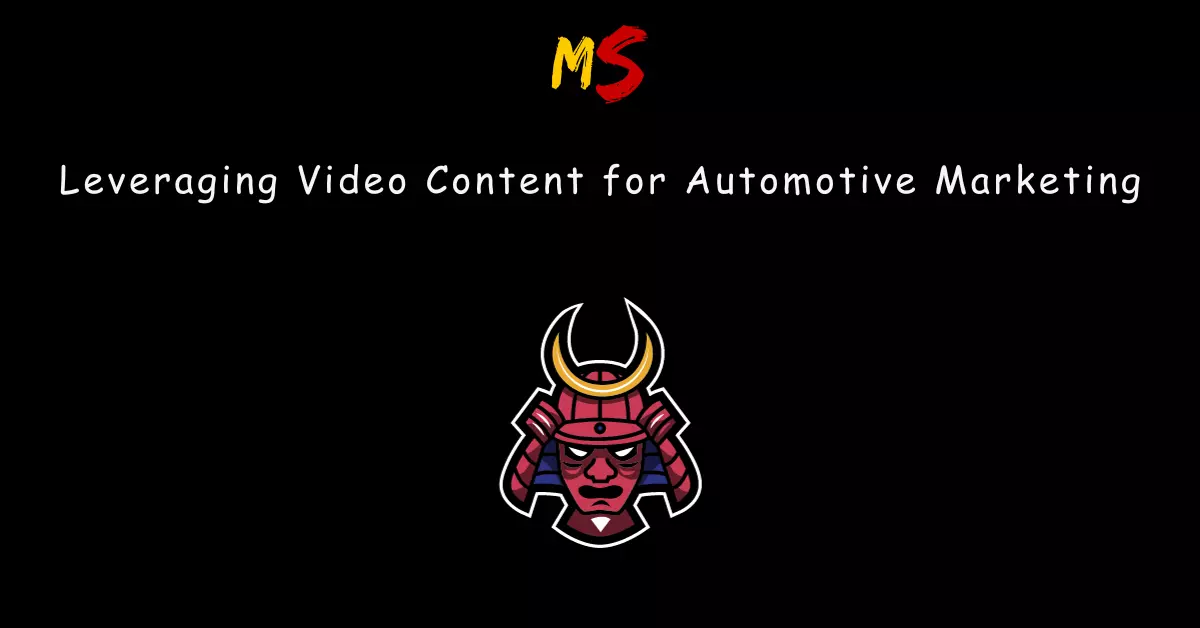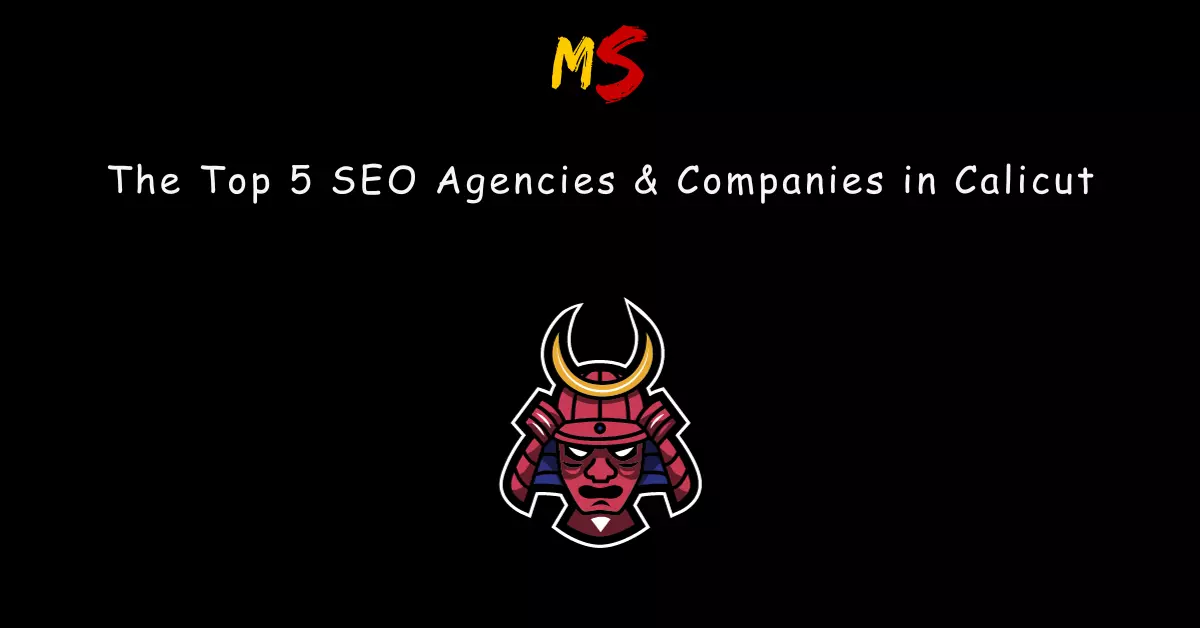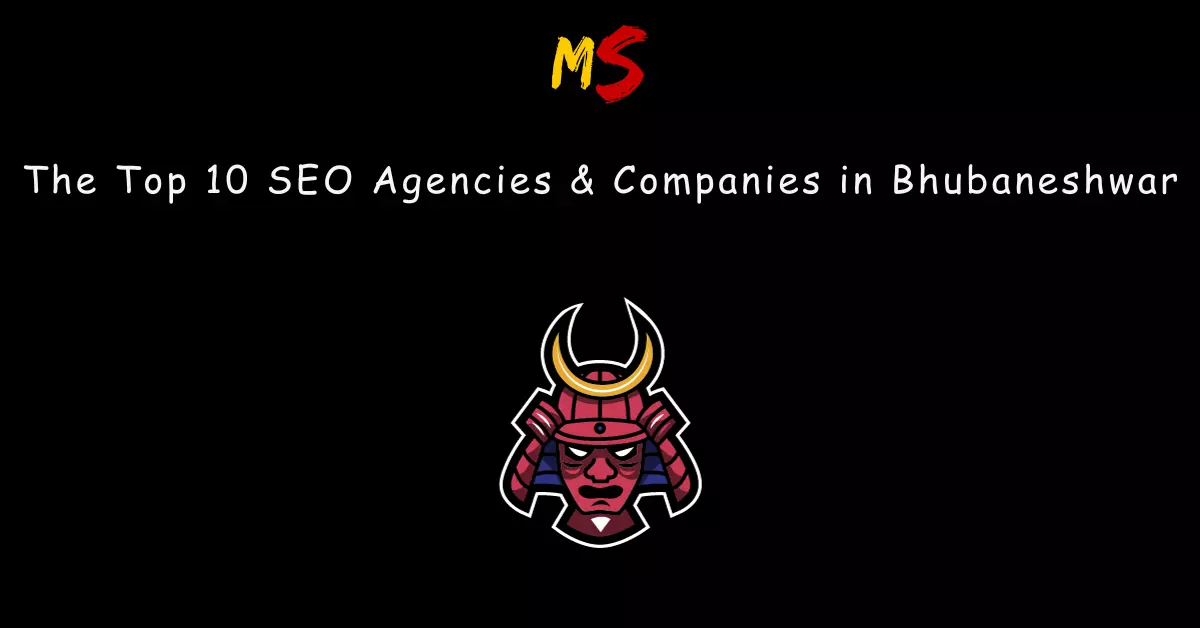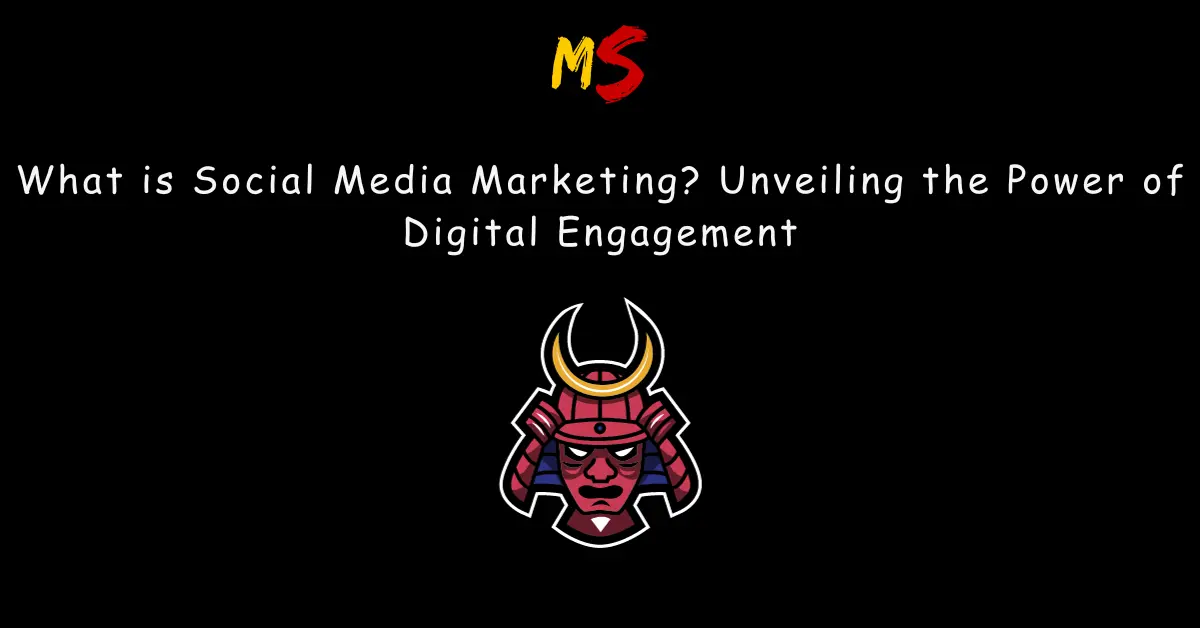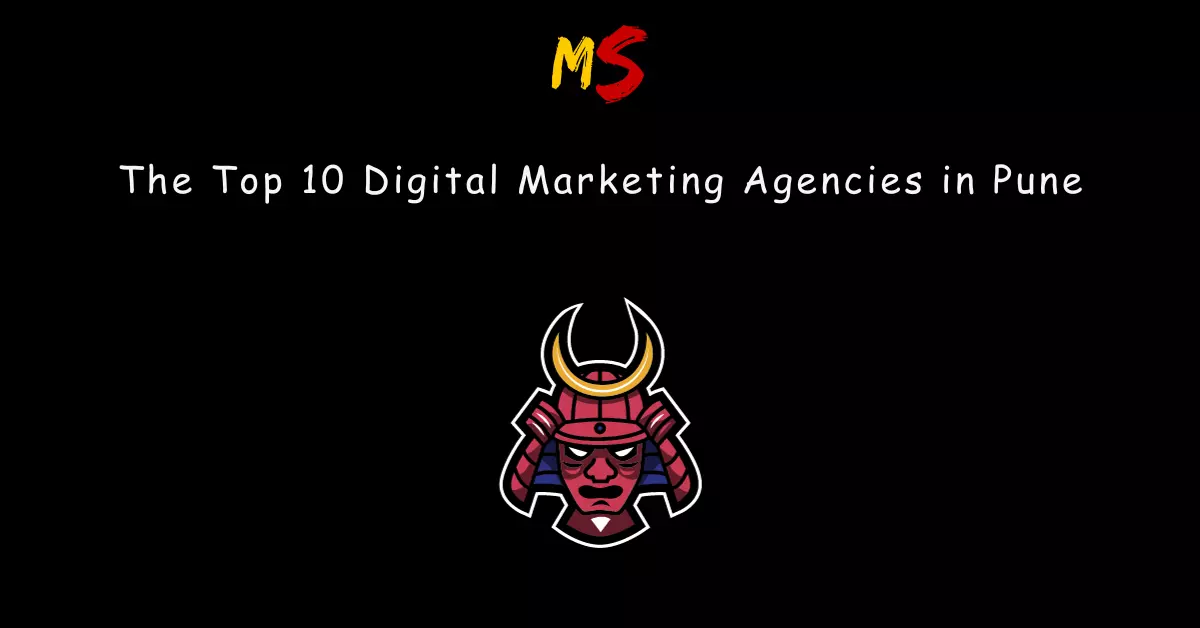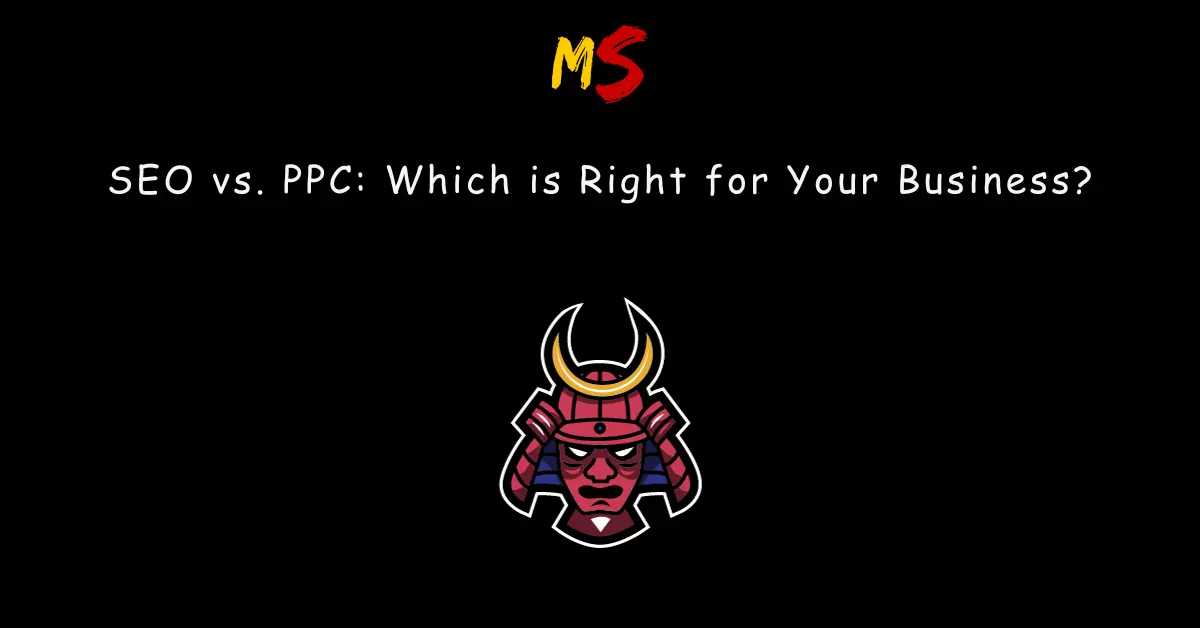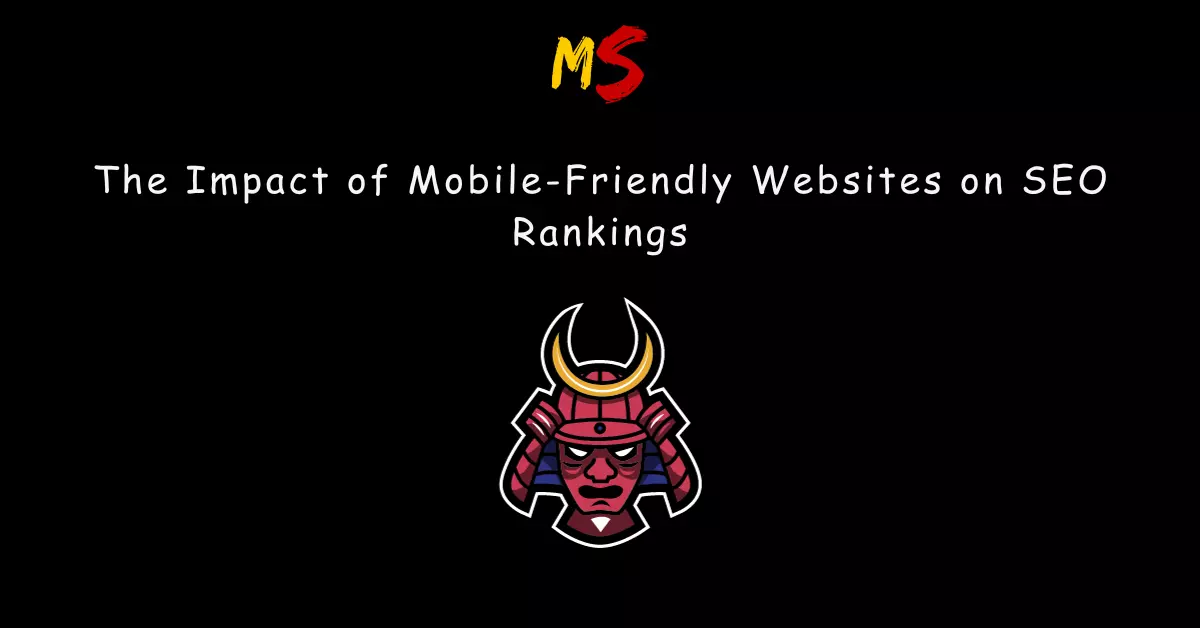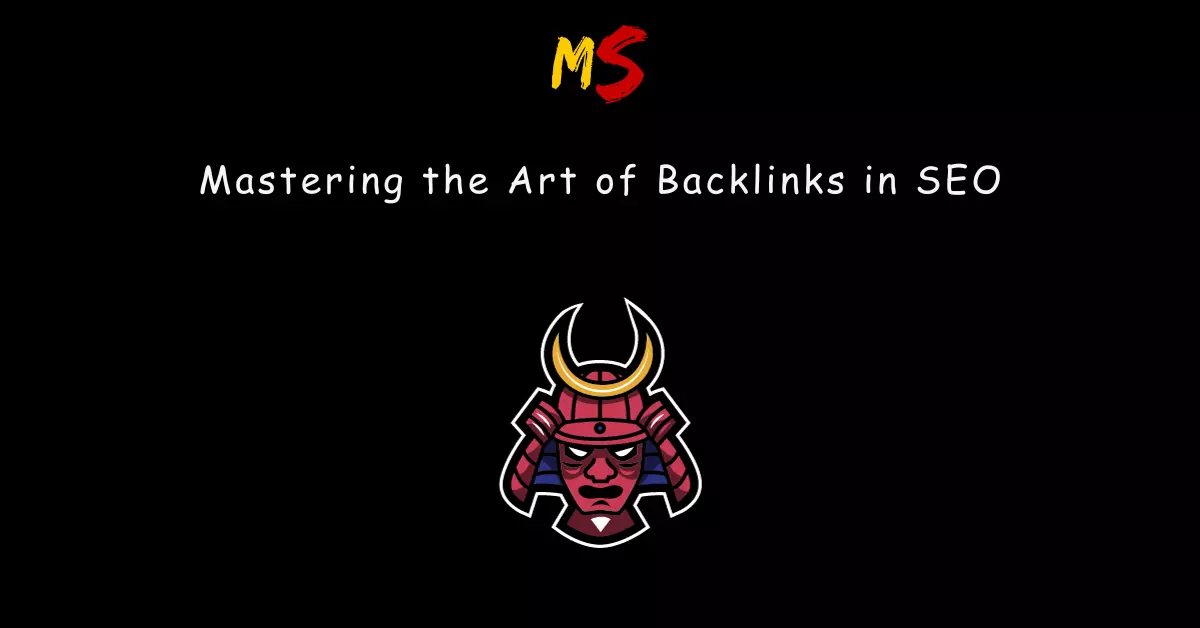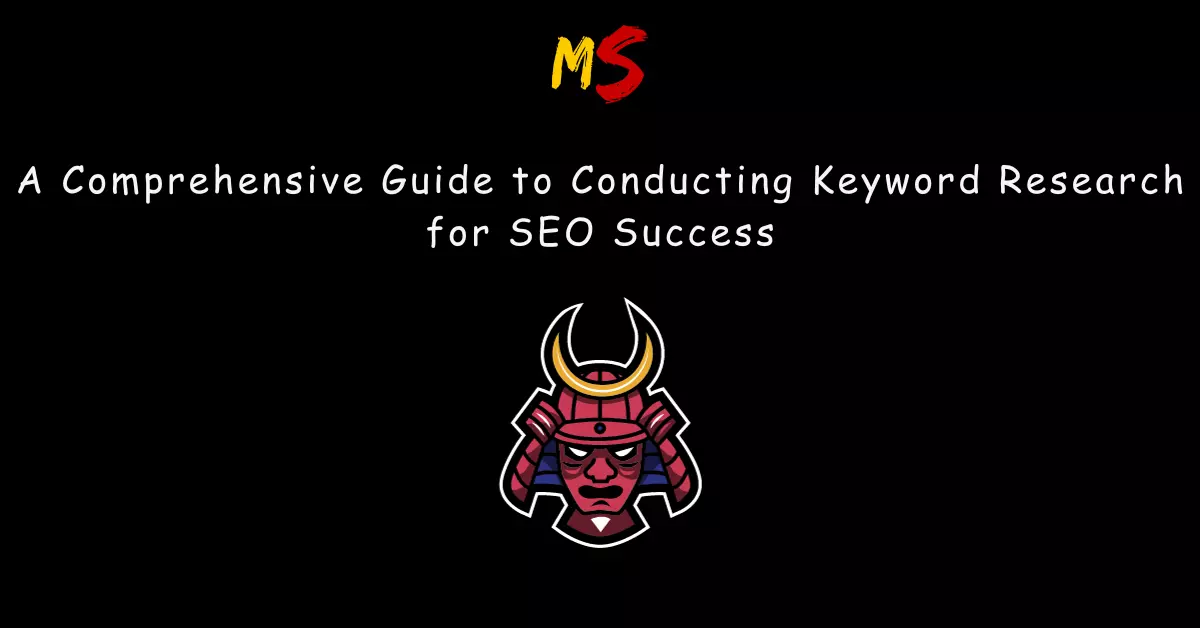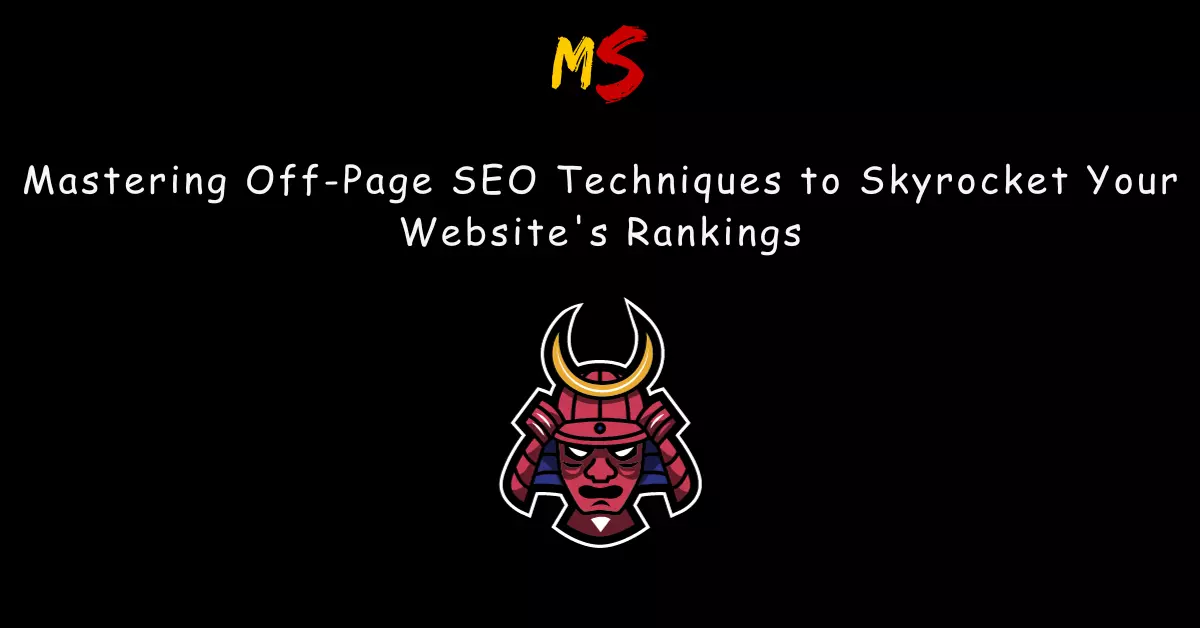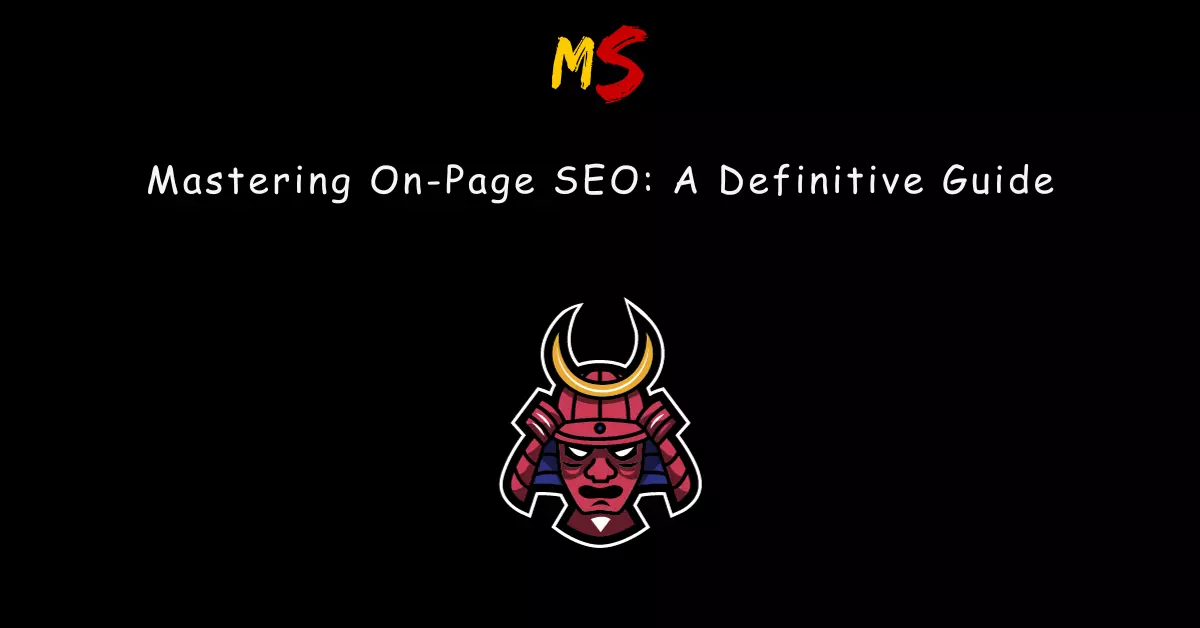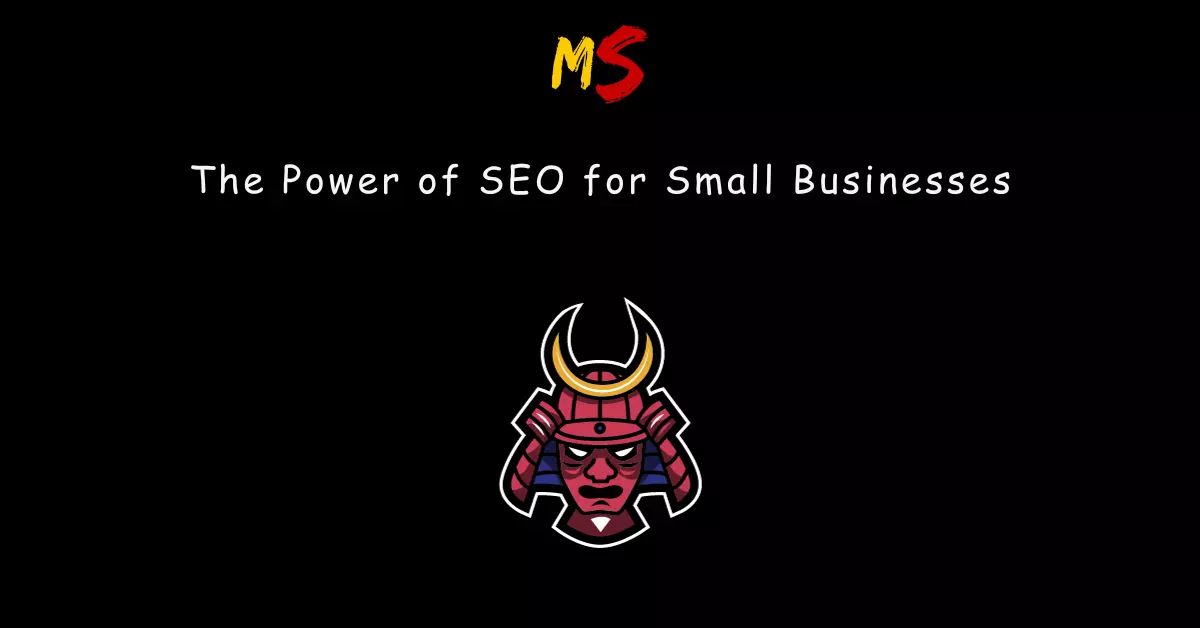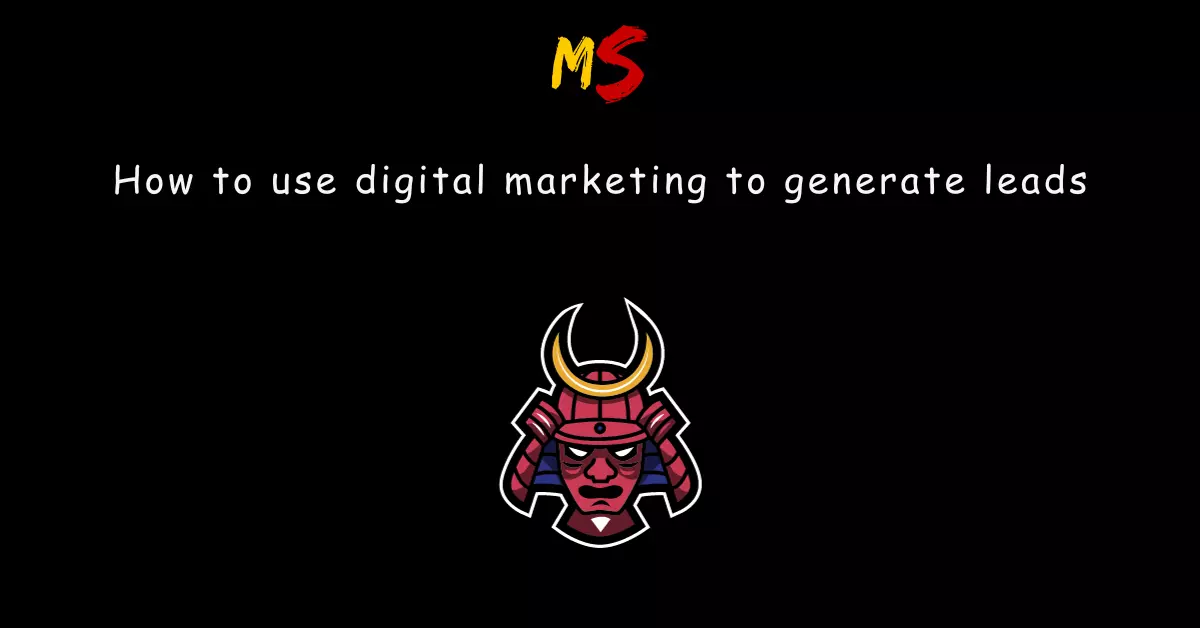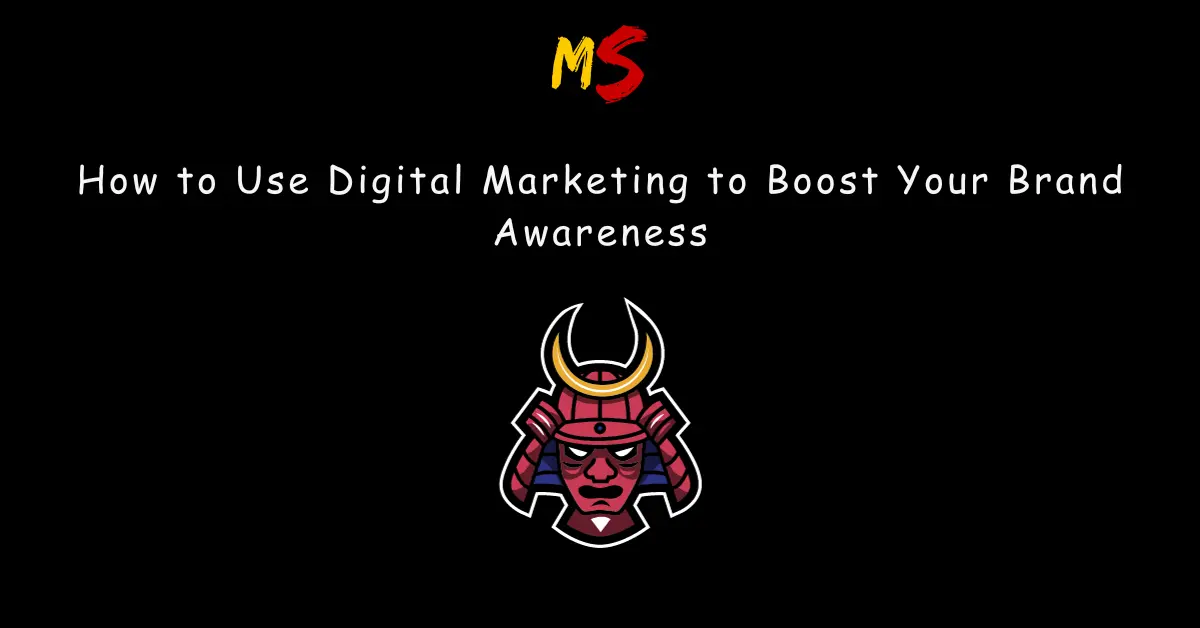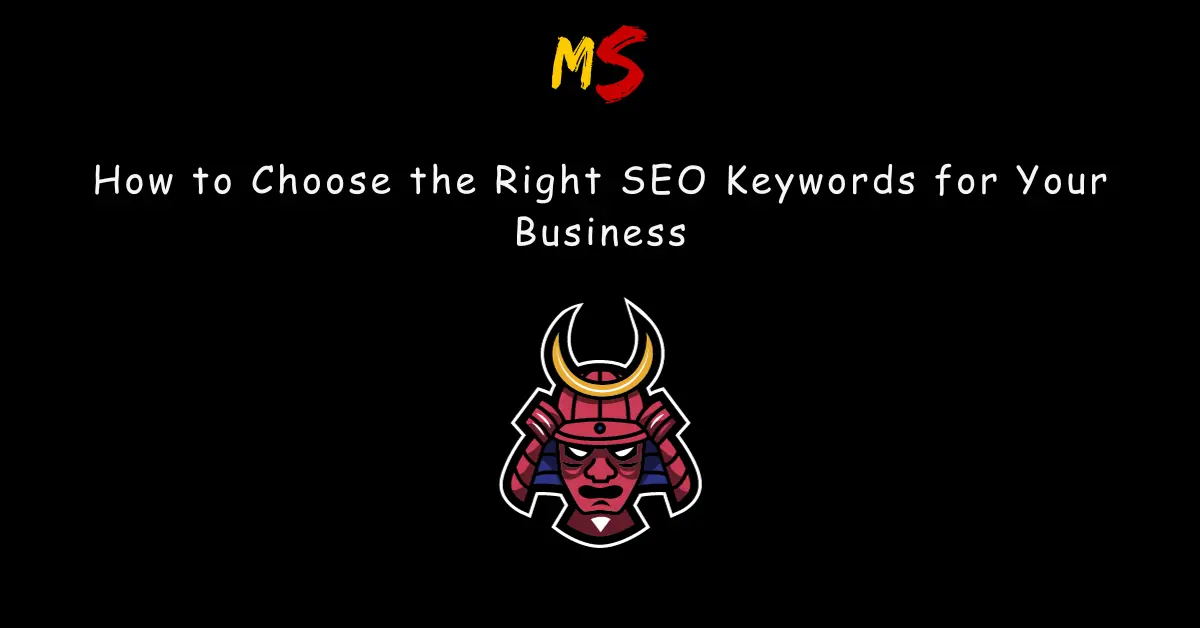Quality Backlink Building: The Backbone of Off-Page SEO
When we talk about Off-Page SEO, quality backlinks are like gold. These are links from external websites that point to your pages. To illustrate, think of them as endorsements from trusted sources. Google recognizes these endorsements as a signal of your website’s authority and relevance.
Why Quality Matters Over Quantity:
Let’s consider a real-world analogy. Imagine you’re a budding author, and two renowned critics review your book. One is a Pulitzer Prize-winning critic, and the other is a hobbyist book blogger. Whose review do you think holds more weight? The Pulitzer Prize winner, right? That’s exactly how Google sees it.
To build quality backlinks:
Guest Posting: Write compelling, informative articles for reputable websites in your niche, including a backlink to your site.
Influencer Collaboration: Partner with industry influencers who can endorse your content or products, resulting in high-quality backlinks.
Link-Worthy Content: Craft content that naturally attracts backlinks due to its high value, uniqueness, or innovation.
Pro Tip: Monitor your backlink profile regularly using tools like Ahrefs or Moz to identify low-quality or spammy backlinks. Disavow these links to maintain a clean and trustworthy profile.
Harnessing the Power of Social Signals
Social media isn’t just a platform for sharing personal moments; it’s a treasure trove of Off-Page SEO potential. The more your content is shared, liked, and engaged with on social media, the more search engines recognize its relevance and popularity.
The Social Signal Boost:
Let’s say you’re a fitness guru sharing workout tips. If your exercise videos go viral on platforms like YouTube, Google takes notice. It’s a signal that your content resonates with your target audience.
To amplify social signals:
Consistent Sharing: Regularly post and share your content across social media platforms.
Engagement Initiatives: Encourage your audience to engage with your posts through likes, comments, shares, and discussions.
Keyword Optimization: Optimize your social media profiles with relevant keywords and hashtags to increase discoverability.
Pro Tip: Experiment with different types of content (videos, infographics, polls) to see what resonates best with your audience on each social platform.
Content Marketing and Guest Posting: Establishing Authority
Content remains the king of digital marketing. Creating high-quality, informative, and engaging content not only attracts visitors but also garners attention from other websites looking to link to valuable resources.
The Guest Posting Advantage:
Guest posting involves writing articles for other websites in your niche, with a link back to your site. This not only builds backlinks but also establishes you as an authority in your field.
Consider this scenario: You run a technology blog, and you’ve been invited to write a guest post for a renowned tech publication. Your insights are now exposed to a broader audience, and your credibility skyrockets.
To excel in content marketing and guest posting:
Audience-Centric Content: Research your target audience’s needs and preferences and craft content that addresses those needs.
Outreach: Reach out to websites in your niche for guest posting opportunities. Personalize your pitches to stand out.
Consistency: Maintain a consistent posting schedule to keep your audience engaged and informed.
Pro Tip: Create a content calendar that aligns with your overall SEO strategy, ensuring a steady flow of fresh, relevant content.
Online Reviews and Reputation Management: The Local SEO Boost
Your online reputation can make or break your local search rankings. Positive reviews on platforms like Google My Business, Yelp, or Trustpilot can significantly improve your local visibility and credibility.
The Power of Online Reviews:
Picture this: You own a local bakery, and your customers leave glowing reviews about your delectable pastries and exceptional service. When someone in the vicinity searches for “best bakeries near me,” guess who’s likely to appear at the top of the list?
To manage your online reputation effectively:
Review Solicitation: Encourage satisfied customers to leave reviews by providing exceptional experiences and kindly asking for feedback.
Engage with Reviews: Respond to both positive and negative reviews professionally and promptly. Show that you care about customer satisfaction.
Consistency is Key: Continuously deliver exceptional products or services to earn and maintain positive feedback.
Pro Tip: Leverage tools like Google Alerts to monitor mentions of your brand online, even outside of review platforms.
Influencer Partnerships: Reaching New Horizons
Influencer marketing is a powerful Off-Page SEO technique that can expand your brand’s reach exponentially. Partnering with influencers in your industry exposes your brand to their engaged followers and drives traffic to your website.
The Influencer Amplification:
Let’s imagine you operate in the tech niche and have developed an innovative smartphone accessory. Collaborating with tech influencers for reviews and demonstrations can catapult your product into the limelight.
To harness the potential of influencer partnerships:
Influencer Identification: Identify influencers whose audience aligns with your target market and whose values resonate with your brand.
Compelling Collaboration: Reach out to influencers with a well-thought-out proposal that highlights the mutual benefits of the partnership.
Mutually Beneficial: Ensure that the partnership is mutually beneficial, allowing both parties to grow and thrive.
Pro Tip: Maintain a strong relationship with influencers by keeping communication open and providing them with value beyond just a single campaign.
Local SEO and Citations: Dominating Your Local Market
If your business has a physical presence, local SEO is paramount. Optimizing your website for local searches ensures that you attract nearby customers. Creating consistent online citations (mentions of your business name, address, and phone number) on various directories can improve your local search rankings.
The Local SEO Edge:
For instance, let’s say you run a quaint coffee shop in New York City. Having accurate and consistent citations across platforms helps coffee aficionados find you when they search for “best coffee shops in NYC.”
To excel in local SEO and citations:
Data Accuracy: Ensure that your business information, including name, address, and phone number, is up-to-date and accurate.
Google My Business Optimization: Optimize your Google My Business listing with high-quality images, business hours, and relevant categories.
Review Generation: Encourage satisfied local customers to leave reviews on your Google My Business profile.
Pro Tip: Leverage local keywords in your website’s content and metadata to reinforce your local presence.
Stay Informed: The digital landscape is always evolving. To maintain your SEO edge, stay up-to-date with industry trends, algorithm changes, and emerging technologies.
User Experience Matters: A seamless, user-friendly website is crucial. Ensure your site loads quickly, is mobile-responsive, and provides a great experience for visitors.
Diverse Content: Explore various content formats, such as videos, podcasts, and interactive infographics, to cater to different audience preferences.
Analyze and Adapt: Use analytics tools like Google Analytics and Google Search Console to track your progress. Analyze what’s working and what needs improvement, then adjust your strategy accordingly.
Local Link Building: Focus on obtaining local backlinks from businesses and organizations in your community. These can significantly impact your local SEO efforts.
International SEO: If your target audience is global, consider international SEO strategies like hreflang tags to cater to different languages and regions.
Patience and Persistence: SEO is a long-term game. Don’t expect instant results. Be patient, and stay persistent in your efforts.
Ethical SEO: Always practice ethical SEO techniques. Avoid black-hat methods that could lead to penalties from search engines.
Competitor Analysis: Keep an eye on your competitors. Analyze their strategies and identify gaps you can fill to outperform them.
Technical SEO: Don’t neglect the technical aspects of SEO. Regularly audit your website for issues like broken links, duplicate content, and crawl errors.
In conclusion, Off-Page SEO is a multifaceted endeavor that requires dedication and a strategic approach. By following these advanced techniques and staying committed to providing value to your audience, you’ll not only see improvements in your website’s rankings but also establish yourself as a trusted authority in your niche. Remember, success in SEO is a journey, not a destination. Keep evolving, and you’ll continue to reap the rewards of your digital marketing efforts. Happy ranking!

